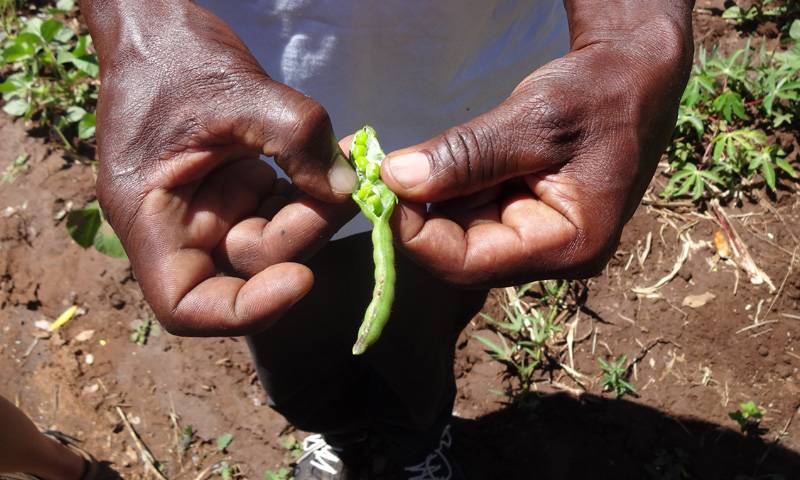Can Kenya lead the way to a new kind of prosperity in Africa? And can Maasai warriors teach western tycoons leadership the world needs for the 21st century? Jacqueline McGlade thinks so.

Today, however, she lives with a Maasai tribe in a mud hut in Kenya where she is the lead scientist for PROCOL Kenya, a new programme launched by the IGP in November 2018 to develop innovative pathways to prosperity, autonomy and resilience in Africa.
PROCOL Kenya works on the premise that economic growth has failed to produce prosperity and a good quality of life for most of the world’s population, and that ‘honest independent science brokers’ from the IGP and its partner institutions, can help Kenya come up with alternatives.
“PROCOL Kenya is about creating an umbrella under which trust can be built to solve different issues using the best scientific and research knowledge that we have,” McGlade explains on a flying visit through London.
The research is based on empowering the community to become researchers themselves and acquire the knowledge they need to make decisions that will promote their ‘natural prosperity’. “The Maasai have extraordinary medicinal plants,” says McGlade. “They have an insulin plant, antimicrobials that will knock the socks off anything you can get from the pharmacy, anti-malarial, anti-cancer treatments. They have the potential to turn these things into global products in a sustainable way” she says.
By mapping their forests, the community McGlade works with has logged the risks those plants face, developed ways to protect them and grown and planted seedlings to have trees with commercial value, while also mitigating climate change.
At the same time, PROCOL Kenya is encouraging data literacy among civil servants so they can create data and management systems for agriculture, infrastructure, land management and tax collection. And at the highest level, McGlade is working with the vice-president on tackling corruption and developing the Kenyan Space Agency. “If you don’t work on all these levels, nothing works,” she says. But what makes PROCOL Kenya really different is that it is about “using indigenous knowledge to shape innovations of the 21st century, not the other way round”.
McGlade has brought global business leaders for ‘initiation’ in Maasai tribal ways, spending days on so-called ‘meat camp’ in the bush, joining the tribal chiefs for their ritual cattle slaughter. She says: “The Maasai have lasted for so long because their system makes them so resilient.”
While global business leaders are almost totally disconnected from their workers, the Maasai community is properly engaged through the way in which elders meet and consensus is built. “Companies want to understand the nomadic style of leadership and how it can be effective for them,” she says.
 Close
Close

